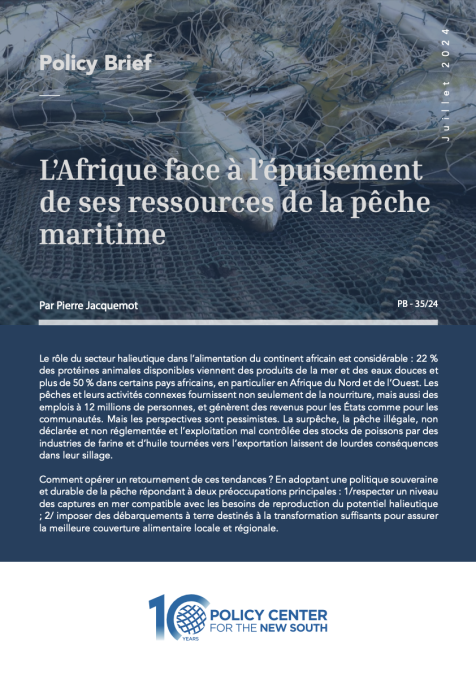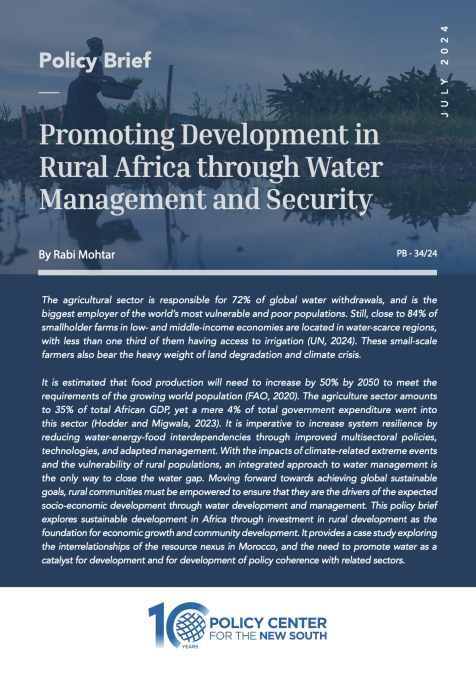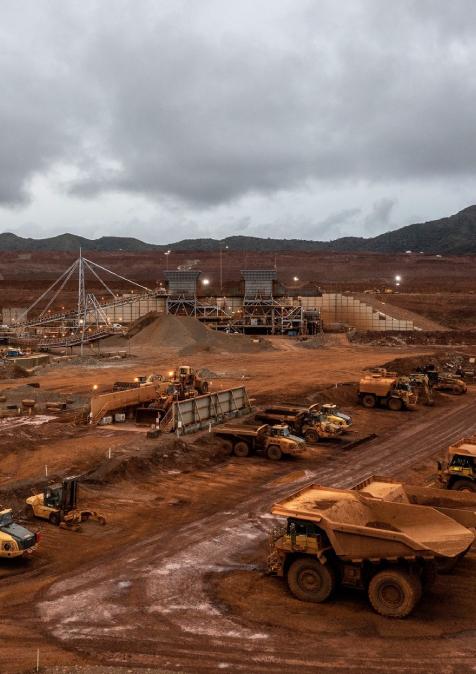Publications /
Policy Brief
Policy Brief
Les mutations du marché des matières premières - partie 2: quel rôle pour les entreprises de négoce international?
February 4, 2015
Le retrait progressif des banques occidentales du secteur des matières premières constitue une opportunité considérable pour les grands négociants historiques dont le rôle économique devrait se renforcer. Ces derniers font cependant face à des contraintes nouvelles : réduction des marges, concurrence des autres acteurs de la filière opérant des stratégies d’intégration verticale, et montée en puissance des traders asiatiques. Le négoce international est aujourd’hui à un tournant de son histoire.








